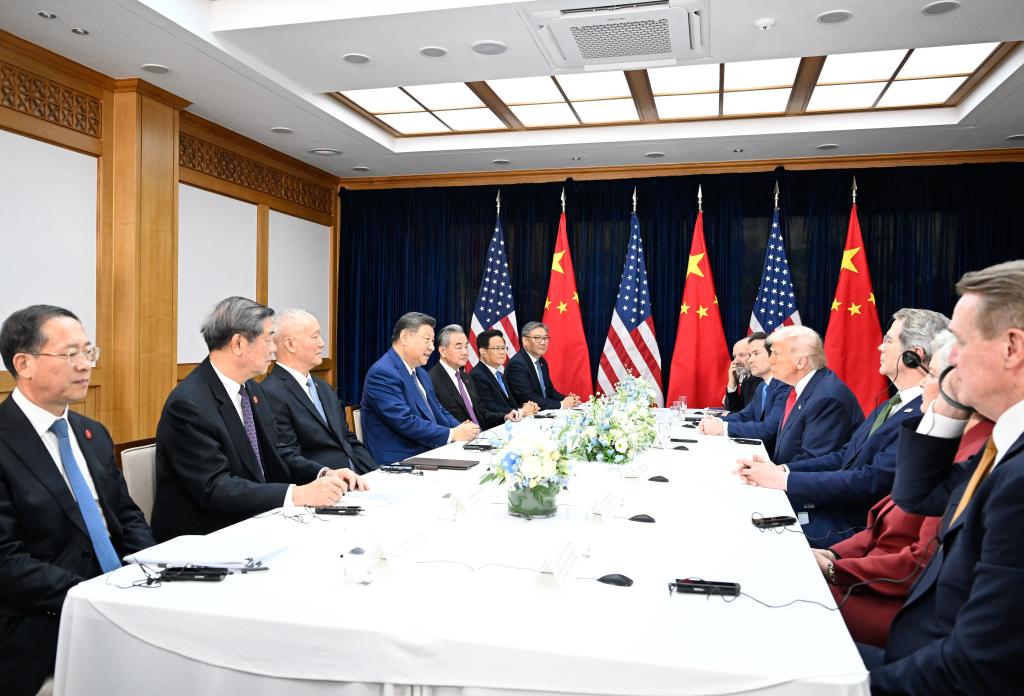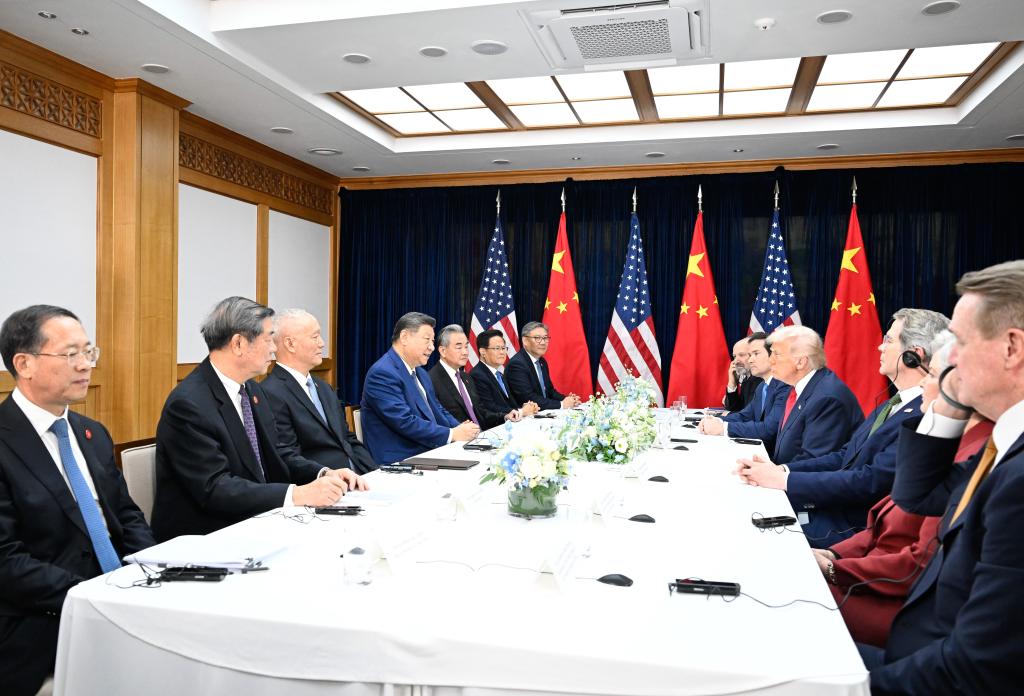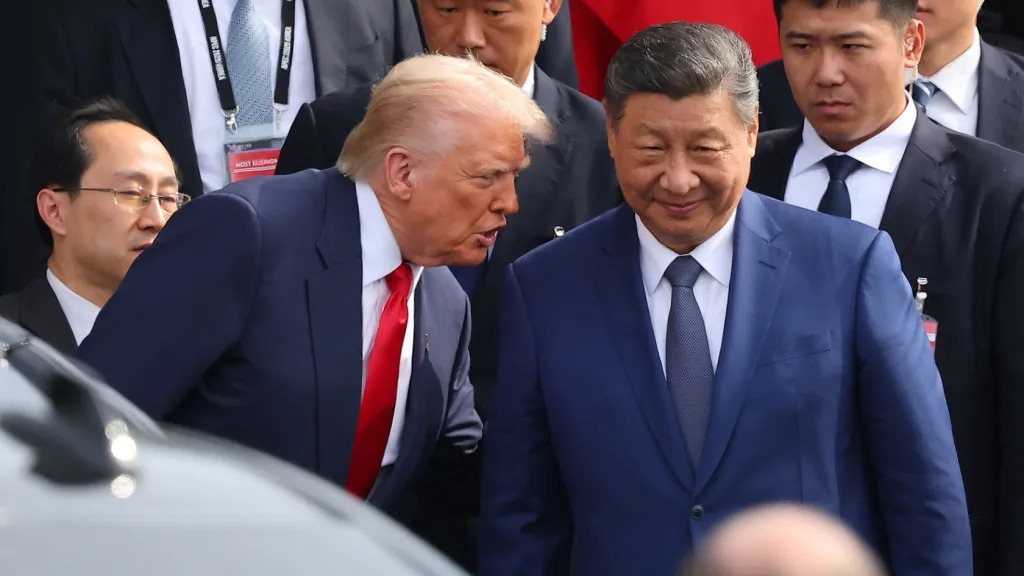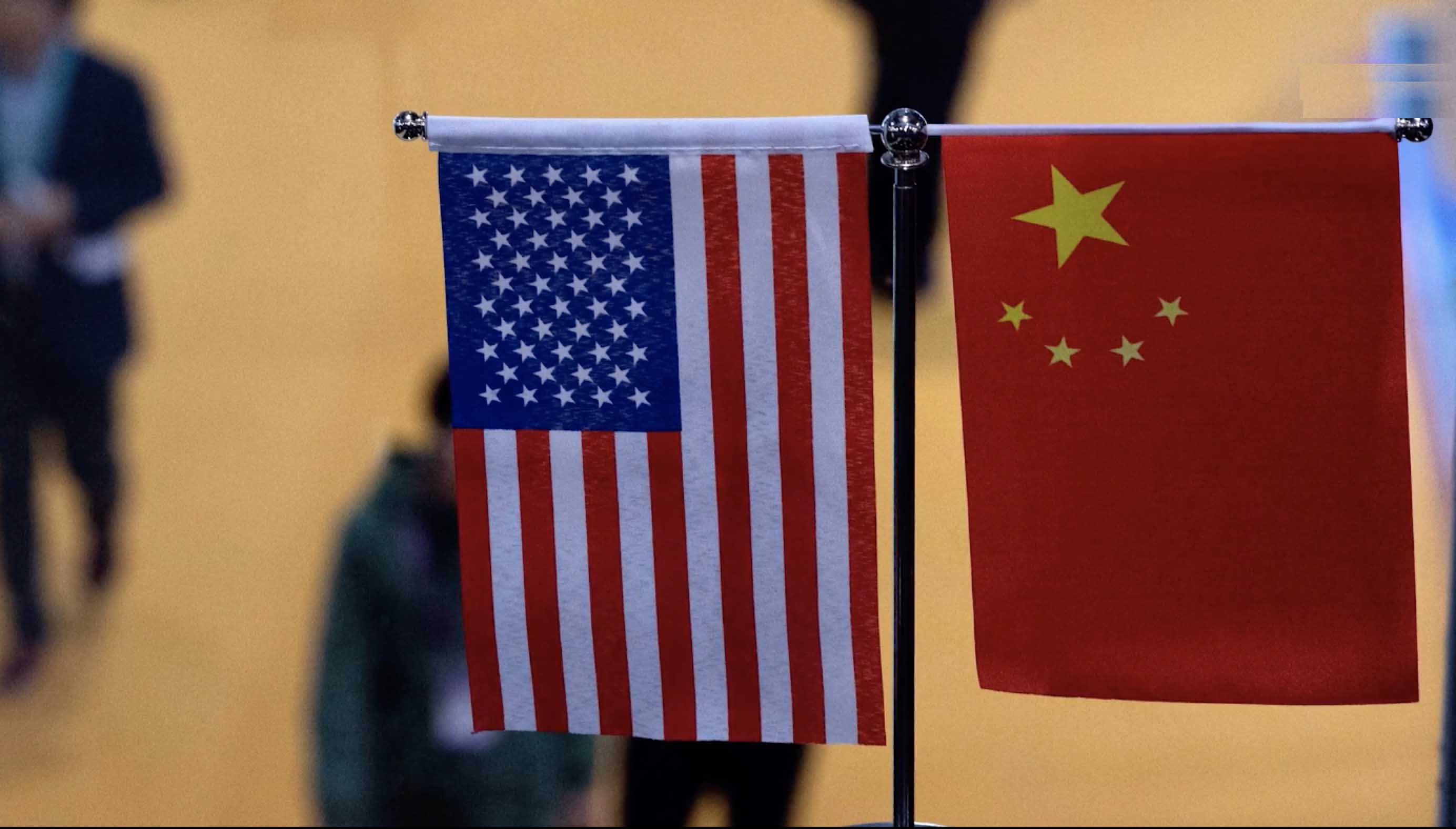
Richard Weitz, Senior Fellow, Hudson Institute
Nov 21, 2025
The meeting between the Chinese and U.S. presidents in South Korea at the end of October resolved some issues but left many unanswered. These deferred questions will likely drive next year’s Sino-American policy agenda.

Sujit Kumar Datta, Former Chairman of Department of International Relations, University of Chittagong, Bangladesh
Nov 21, 2025
The message of the meeting of two presidents in South Korea is not one of dominance but of balancing — the idea that great power diplomacy can bring stability to the world in uncertain times.

Sun Chenghao, Fellow, Center for International Security and Strategy of Tsinghua University; Munich Young Leader 2025
Wu Kexi, Research Assistant, China University of Political Science and Law
Nov 03, 2025
In a significant recalibration, the Busan summit helped stabilize China-U.S. relations, which now appear unlikely to return to the past or fall into confrontation. Both sides will instead seek equilibrium through communication and prudent action.

David Shambaugh, Gaston Sigur Professor and Director of China Policy Program at George Washington University, Distinguished Visiting Fellow at Hoover Institution of Stanford University
Nov 03, 2025
The first in-person meeting between Presidents Trump and Xi in six years focused almost exclusively on trade and technology, resulting in a temporary rollback of tariffs and export restrictions but producing no new agreements or progress on broader security or geopolitical issues. The meeting largely served to stabilize U.S.-China relations and decrease tensions, with both leaders agreeing to reciprocal visits in 2026 for further discussions, effectively “kicking the can down the road” on deeper bilateral challenges.

Oct 09, 2025
During the 12th Beijing Xiangshan Forum on Sept. 18-19 at the Beijing International Convention Center, Da Wei, Director of the Center for International Security and Strategy (CISS) and Professor of International Relations at Tsinghua University, was interviewed by China-US Focus Beijing editor Huang Zhijin. Da Wei believes that in the short term, China-U.S. relations will remain focused on maintaining stability; and as domestic political imperatives and broader global strategic considerations increasingly dominate the policy agenda, the Indo-Pacific strategy under Trump 2.0 appears to be losing substance.
Zhao Minghao, Professor, Institute of International Studies at Fudan University, and China Forum Expert
Dec 24, 2024
The recent prisoner swap and forward movement on illicit drugs by China and the United States demonstrates that the two powers can make stabilizing progress together when they put their minds to it. But more uncertainty is on the way, as Donald Trump returns to the White House.
Ma Xue, Associate Fellow, Institute of American Studies, China Institutes of Contemporary International Relations
Nov 20, 2023
The summit meeting of presidents Xi Jinping and Joe Biden was an opportunity to redefine the narrative, find balance and set a precedent for a more predictable framework in which global challenges can be tackled together. The world is watching.

Brian Wong, Assistant Professor in Philosophy and Fellow at Centre on Contemporary China and the World, HKU and Rhodes Scholar
Oct 20, 2023
Despite the prevailing view of "structural fatalism" in Sino-American relations, there is a growing determination on the part of both Chinese and American leaderships to engage in direct dialogue and build trust. A high-level, face-to-face meeting between Presidents Xi and Biden is essential for addressing critical questions, clarifying baselines, and signaling the willingness for further communication, with a focus on managing the Sino-U.S. relationship.
Zhang Monan, Deputy Director of Institute of American and European Studies, CCIEE
Mar 09, 2023
Industrial and supply chains have become the main theater of competition between China and the United States. America’s technology war will be deliberate, intense and long-term. For this reason, China must be strategically prepared for a protracted fight.
Lucio Blanco Pitlo III, President of Philippine Association for Chinese Studies, and Research Fellow at Asia-Pacific Pathways to Progress Foundation
Jan 19, 2023
Philippine President Ferdinand Marcos Jr.’s visit to Beijing may help set the tone for cordial bilateral ties with China, but could also stir wariness on the part of the country’s longstanding treaty ally, the United States. The Philippines must carefully navigate its position to avoid being seen as favoring either side.
Back to Top

- China-US Focus builds trust and understanding between the U.S. and China through open dialogue among thought leaders.
- Our Offerings
- Topics
- Videos
- Podcasts
- Columnists
- Research Reports
- Focus Digest
- Stay Connected
-
Thanks for signing up!
- Get the latest stories from China-US Focus weekly.